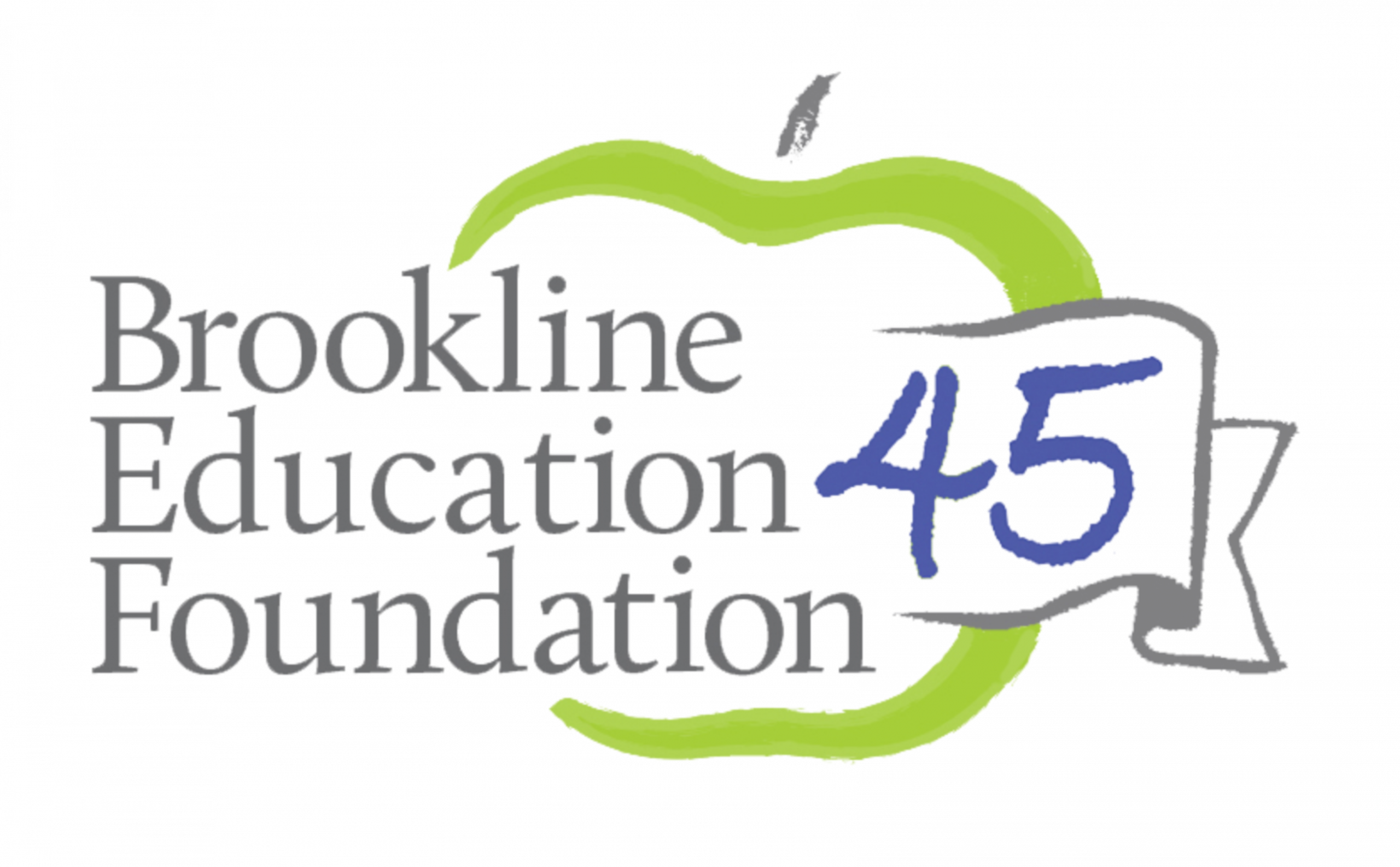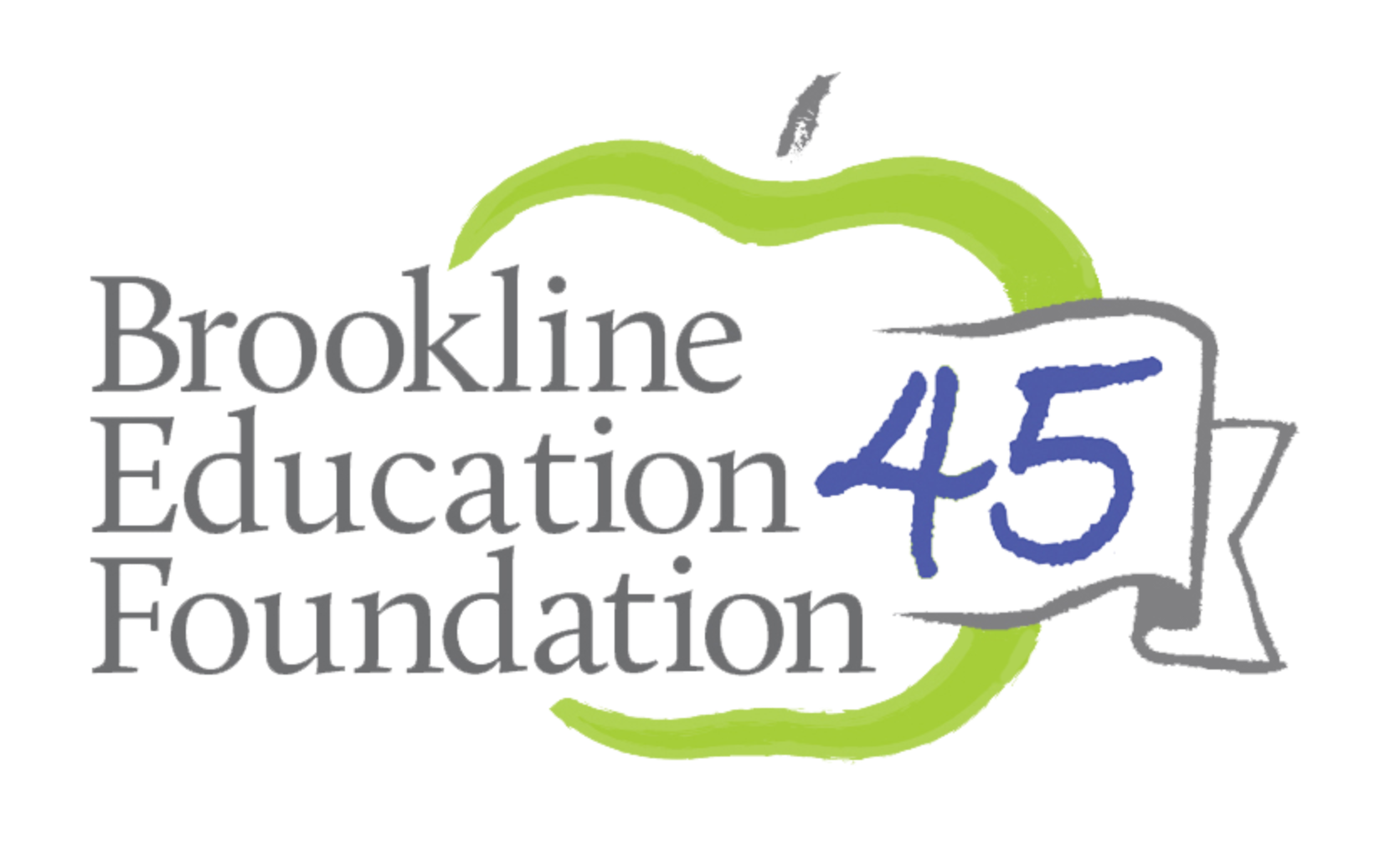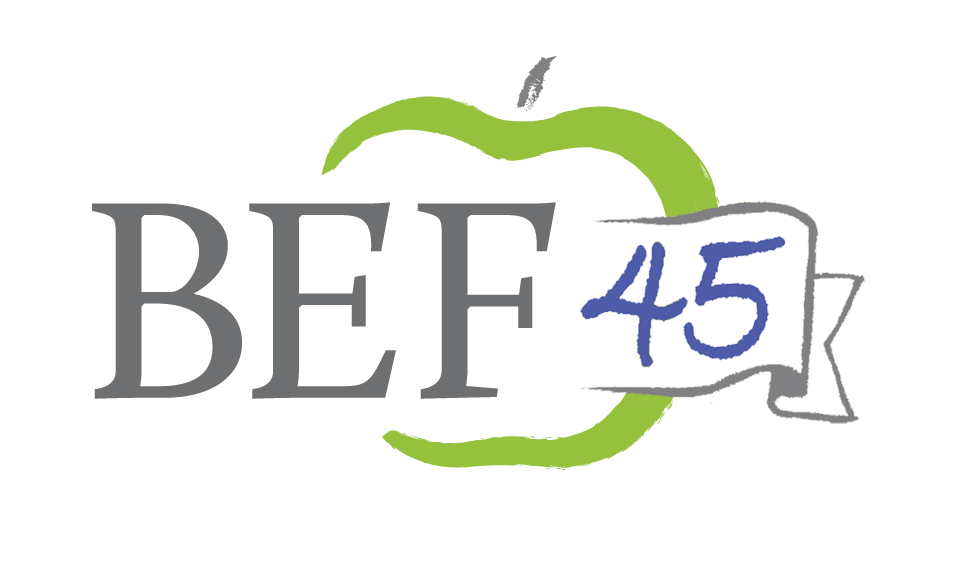Collaborative Grants
Call for Proposals
GRANT DEADLINE: Monday, March 2, 2026
BROOKLINE EDUCATION FOUNDATION COLLABORATIVE GRANTS
CALL FOR PROPOSALS
Complete the application after downloading it here. Submit completed applications here. Read the instructions on the cover page carefully before filling out the application.
ABOUT THE BROOKLINE EDUCATION FOUNDATION
The Brookline Education Foundation (BEF) is a nonprofit organization that raises funds to support excellence and innovation in the Public Schools of Brookline (PSB). Through its programs, the BEF enriches the professional growth of educators by recognizing and supporting them as they identify and pursue opportunities that will have the greatest impact on their practice, the lives of their students, and on their school communities.
To facilitate this work, the BEF sponsors four categories of grants: Idea Lab, Teacher, Collaborative, and Systemwide. Eligible teachers and other educators may apply for Idea Lab, Teacher and/or Collaborative Grants. The process for applying for a Collaborative Grant is addressed here.
COLLABORATIVE GRANTS
The BEF strongly supports teachers working with colleagues to learn and create new practices and skills. The BEF seeks to support teachers and positively impact student learning.
Collaborative Grants
- Provide funds up to $20,000
- Support meaningful collaborative relationships among staff within a school, in different schools, and/or across different grade levels or disciplines
- Require the participation of two or more educators and the support, though not day-to-day involvement, of an administrator (principal, assistant principal, dean, curriculum coordinator)
- Are awarded for one or two years
- Are opportunities to employ a “team” approach to innovations in teaching practice, curriculum design, understanding changes in student populations, etc.
For a complete list of 2017 – 2026 Collaborative Grants, go here.
GRANT ELIGIBILITY
Applications from groups of teachers, administrators, or other professional and paraprofessional personnel are welcome. Each educator must be under contract with the Public Schools of Brookline and must have the intention of returning to teach in Brookline in the consecutive school year.
GENERAL GUIDELINES
Projects may address any aspect of professional practice or PSB subject area and may seek to develop and implement innovative teaching practices or pilot new approaches that reflect the latest educational thinking. They also may address pressing issues in education, such as differentiated instruction, technology in the classroom, or closing the achievement gap. Projects related to teaching practice should enhance, but not duplicate, the standard PSB curriculum and programs.
Funds may be used to pay costs such as stipends, consultants, guest lecturers, travel to professional meetings/research sites, books, tuition, subscriptions, duplicating, postage, and/or supplies directly related to the project. Travel outside the US will not be funded.
The BEF will not approve projects that should be funded more appropriately within the PSB budget. Thus, proposals should not request funds for equipment, textbooks, routine classroom supplies, and regular curriculum development. For example, we would not fund teacher planning time or training required to launch a new academic curriculum adopted by an individual school or the system as a whole. While we do consider funding coursework, we do not pay for additional fees for graduate credit or certification.
Funded activities may be undertaken over the summer and/or during the school year but may begin no earlier than July 1, 2026.
Grant recipients must complete outcome evaluations for completed projects and progress reports for the first year of two-year projects. These are straightforward documents designed to help the BEF in its future planning. They must be submitted at the completion of the project and accompanied by written or visual materials, if applicable. In addition, our Oversight Committee will interview collaborative grant leaders once during the school year.
SUBMITTING A CONCEPT PAPER
The purpose of the Concept Paper, which is REQUIRED for all proposals over $8,000, is to enable the BEF to assess how well the proposed collaboration fits within the Collaborative Grants program. This summary should be a brief, focused overview of the collaboration with just enough detail to show the potential of the work, but should not go into the depth required in a full application. Complete the Concept Paper questionnaire here.
If the idea meets the criteria described below, members of the BEF Collaborative Grants Committee will provide feedback as you develop your complete application.
WRITING YOUR PROPOSAL
Application forms are available here. Once the Application Questions are complete, you should upload the application here.
• Keep it simple and convey your passion. We appreciate concise, clear articulation of plans that convey your passion for the work you propose and your readiness and ability to undertake it. Write succinctly and for a lay audience. Keep in mind that most members of the BEF Grants Committee are not educators. Communicate clearly how your project will affect both you, as a professional, and your students.
Include or provide links to supporting materials, such as conference brochures, a bibliography, etc. Reviewers can then understand the details of your plan from these materials and you can devote your narrative to explaining why the proposed activity is so important to you and your envisioned outcome.
• Address every question. Please complete all sections of the application. Since you will be applying as a group, be sure to request input and agreement to participate from all educators listed on the application. You also may want to take the time to solicit editorial comments and suggestions on your proposal narrative from peers, especially those who may have received a BEF grant in the past.
• Think “Big” Picture. Discuss your project’s anticipated outcomes. Be thoughtful about how your activities will result in a lasting impact on your teaching, your students, and your colleagues, and ways your project can be replicated in other schools. Reflect the Core Values of the Brookline Public Schools in your proposal.
• Complete the Budget Section. Use the designated categories as your guide. Keep in mind that BEF grants DO NOT fund salaried positions, regular school activities and programs, retroactive compensation, capital improvements, or equipment purchases that are not specifically related to and necessary for a project’s completion. For instance, grants may not be used to purchase a new photocopy machine or a camera for your use.
• Ask for help or more information. If you have questions about the appropriateness of your particular idea, please contact Kim Barnum, Brookline Education Foundation Executive Director, at 617-948-6999.
Information sessions will be held from 3:15 to 4:15 pm on January 14th (22 Tappan) and January 22nd (Baldwin School).
Grant-writing workshops will be held from 3:15 to 4:45 pm on February 12th and 25th at Town Hall.
Deadlines and Notifications
The Concept Paper must be submitted by 5:00 pm on January 31, 2026, in order to be reviewed.
The application MUST BE COMPLETE and received by Monday, March 2, 2026. No extensions are possible. E-mails will be sent to applicants acknowledging receipt of the proposal.
During March and April, the BEF Collaborative Grant Committee will meet to review and act on proposals. Award notifications will be sent to applicants in mid-April.
Grant recipients are recognized at the Brookline Education Foundation’s Celebrating Teachers event on May 5, 2026.
Grant recipients may begin project activities no earlier than July 1, 2026. Grant recipients must submit summary evaluation forms upon completion of the grant project.
REVIEW PROCESS
The Collaborative Grant Committee is comprised of PSB members and members of the BEF Board of Directors. The committee will evaluate each proposal based on the following:
The proposed collaboration:
- strengthens and/or transforms the applicants’ professional practice
- deepens the applicants’ knowledge of a subject or type of learner
- enhances the applicants’ repertoire of teaching techniques
- seeks to enhance student achievement
- supports an innovative project or idea.
Project description:
- The ideas informing the proposed collaboration are sufficiently developed and explained.
- The proposed collaboration is well defined and supports system goals.
- The applicants provided helpful or necessary documents to support the application.
- The proposed budget seems realistic given the scope of the applicants’ plans.
Outcomes:
- The proposed collaboration enhances the applicants’ professional practice.
- The proposed collaboration enhances communication among teachers going forward.
- The applicants’ students and/or colleagues will benefit from the project, directly or indirectly.
- There are clear plans to share knowledge and perspective gained in the course of the project.


